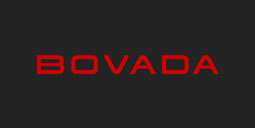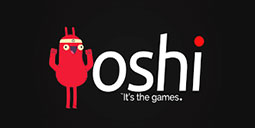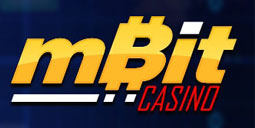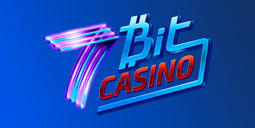A New Startup Has Zooko and Naval Betting on Better Crypto Contracts
However, it’s perhaps the experience of the founders that most differentiates the undertaking.
“And the problem isn’t only terrible language design – like solidity is a lousy speech, we can only make a better language – the dilemma is architecturally deep, it’s to do with the inherent security model,” Miller told CoinDesk.
Due to blockchain-based systems, identities and wallets are connected, a change into an authorization-based version may help shield programmers from making expensive mistakes.
The launch comes with a seed investment from a notable set of backers such as Naval Ravikant, Polychain Capital along with Zcash Company, the for-profit organization which manages the development of privacy-oriented cryptocurrency zcash.
During CoinDesk’s Consensus 2018 conference last week, zcash creator Zooko Wilcox could not praise Miller enough because of his foresight to what problems could arise within dispersed smart contract development. For example, Miller co-authored the Agoric Papers, a founding document for market-based, distributed computation back in 1988 (before the term ‘smart contract’ had been coined).
Miller continued, saying that the center of the thing is that in these systems identity and authorization are linked. Having a passport in one hand and a set of keys in another, Miller clarified that Agoric’s approach seeks to decouple authorization-based access management, like car keys, from identity-based accessibility, like a passport.
A prominent team
Therefore, the Agoric staff was working alongside a variety of professors to improve the auditing process, while noting that these methods will not be finalized until a little further down the line.
“We now have security and smart contracting approaches that may address that, and make it average application programmers can schedule their typical application problems using smart contracting technology.”
A Simpler audit
According to the team, the terminology enables programmers to code at a more instinctive and secure manner, while enabling the kind of formal confirmation processes that can be a battle in smart contract testing today.
Another manner Agoric is believed to help programmers is through an object-oriented strategy.
“The intuitions object-oriented programmers already have around interacting objects is what we amplify in order to help them reason about security,” Miller explained.
Miller continued, saying that the language must also facilitate communication between smart contracts running on distinct networks, potentially in the future allowing peer-to-peer transactions of distinct cryptocurrencies.
“From the current blockchain atmosphere for smart contracts, security is a major impediment to having it grow in the larger market and mainstream applications,” Tribble said.
Speaking to CoinDesk, Miller said that while ethereum is quite a “breakthrough system,” there are aspects of its core programming language, Solidity, that may cause programmers trouble.
However, with the new project, the founders are setting their sights on enhancing what they view as flaws within the dominant smart contracting languages of today.
Indeed, researchers have estimated that there are 34,000 vulnerable clever contracts active to the ethereum mainnet today, a problem the founders feature to fundamental flaws with Solidity.
“Now with all the enablers at javascript we can bring the huge amount of javascript programmers into this new world,” Miller, that abandoned a 10-year position at Google to found the startup, stated.
“The general contract and relationship can span unique environments,” Miller, that has been part of their javascript standards, TC39, for several decades, stated. “It may cause the all-or-nothing exchange of resources.”
Tribble agreed, telling CoinDesk the queries programmers then inquire are as easy as: “Here is my code, so does my own bank account escape? Here’s the code to get the contract, is your cash preserved? At a high level, what it is possible to define is a lot more accessible to humans.”
For this, coders can focus on ensuring the security of small, different elements, that are then amassed into increasingly complex systems, without compromising the inherent elements.“We have several plans in movement but our primary focus right now is how to help solve these problems and make the marketplace leaps and bounds larger.”
“There’s a critical part of the ethereum architecture that leads programmers into writing smart contracts with specific vulnerabilities.”
The chief at blockchain news, CoinDesk is a media outlet that strives for the greatest journalistic standards and supplied by a strict set of qualitative policies. CoinDesk has been an independent operating subsidiary of Digital Currency Group, which excels in cryptocurrencies along with blockchain startups.Miller stated:
Concluding, Tribble said:“We have got a whole lot to assemble,” Tribble said. “We have been working on this for a long time, and we’re only getting started.”
Currently, because there are not many people that are fluent in clever contract languages like Solidity, security reviews are slow and costly. However, based on Tribble, that is not sustainable.
Chalk drawing through ShutterstockMiller told CoinDesk:
Released at Mon, 21 May 2018 16:04:19 +0000
By construction upon popular programming language, javascript, the founders assert that the language will start smart contract development up to a wider range of programmers.
CoinDesk was advised by him:“What we’re doing is we’re preserving the basis of authorization-based accessibility control up through each of the layers of abstraction, to ensure of the derivative rights created by smart contracts would be transferable since the tokens.”
In case a set of high-profile vulnerabilities weren’t enough to convince you that now’s smart contracts are somewhat insecure, a group of scientists that have been researching them since the 1980s only might.
While the team is focused on constructing the language for programmers right now, going forward, Agoric will release open-source toolkits that will enable programmers to build in various unique environments. And these toolkits can help expand the group’s own vision for smart contracts as well, whereby complicated machine-human interactions over the Web can happen easily.
This kind of language is advantageous as well because the systems are simpler to audit.
Nevertheless others on the team also have remarkable pasts. Tulloh and Tribble were involved in the first smart contracting system, AMiX, whereas Warner co-founded decentralized cloud storage protocol, Tahoe-LAFS.
A New Naval Betting and Startup Has Zooko on Better Crypto Contracts - April 2024
EXPERTLY REVIEWED
MOBILE FRIENDLY
FAST PAYOUTS
- CasinoRatingBonusVisit Casino
Get your 100% Match Bonus up to $1000!
200% match bonus up to 2000
Up to 5 BTC
100% match bonus + 180 free spins
Get up to 1 BTC on First Deposit!
Welcome bonus up to 1.5BTC + 250 free spins
Get your 5 BTC Welcome Bonus
Top Rated
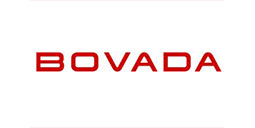


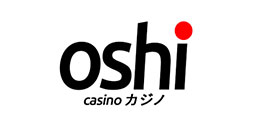
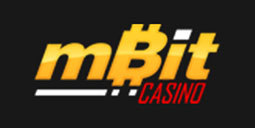
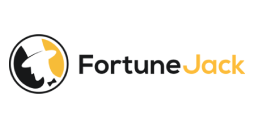
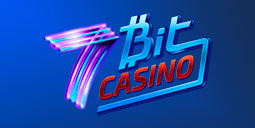
Search
Casino List
- Bovada Casino
- 7bit Casino
- Bitstarz Casino
- Sun Palace Casino
- Ignition Casino
- Tangiers Casino
- Nitrogen Sports Casino
- Casumo Casino
- Fortunejack Casino
- Mars Casino
- Mbit Casino
- Cafe Casino
- Drake Casino
- Grand Fortune Casino
- CryptoReels Casino
- Wild Casino
- Betchain Casino
- Oshi Casino
- Bitcoin Penguin Casino
- Joe Fortune Casino
- Vegas Casino.io


